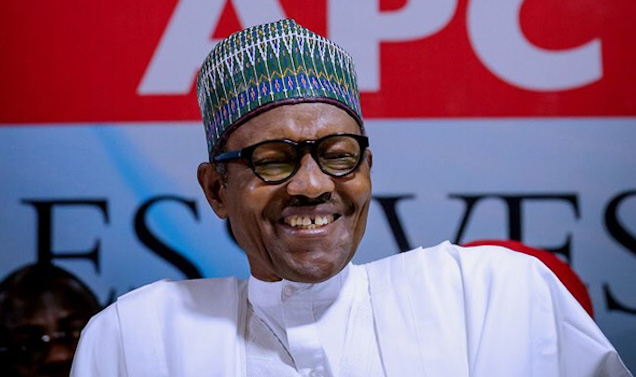Data from the Debt Management Office (DMO) shows that over the last seven years, Nigeria has spent a total of N11.784 trillion and $8.168 billion to service its domestic and external debt obligations, as the country’s debt stock continues to rise amid concerns from analysts about the sustainability of the country’s debt.
More than 127.9 percent has been added to the country’s domestic and external debt stock, respectively, over the past seven years.
N20.144 trillion in domestic debt was owed by the country as of March 2022 compared to the N8.836 trillion in domestic debt owed by the government as of 2015.
In the first three months of 2022, the federal government had paid out N668.69 billion in interest on its local borrowings, doubling the annual debt service payment from N1.018 trillion in 2015 to N2.054 trillion by the end of 2021.
Furthermore, as of March 2022, the country owed $39.969 billion in external debt, compared to $10.718 billion owed to external creditors at the end of 2015, when the country was in debt.
Additionally, the annual payment to repay the country’s external debt obligations has increased from $331.059 million in 2015 to $2.109 billion by 2021. The nation paid $548.789 million to its external creditors in the first quarter of 2022.
The country’s debt profile is quickly becoming unsustainable, according to analysts.
Zainab Ahmed, the Minister of Finance, Budget, and National Planning, recently stated that the country’s expanding debt and ambitious spending plans were making debt servicing more difficult.
Fuel subsidies are expected to cost N4 trillion in Nigeria, and Ahmed warned that an unexpected subsidy payment would increase the country’s borrowing costs.
Our need for additional financing was likewise quite serious. Our debt service burden is growing rapidly, despite the fact that our revenue is rising. This puts us in a precarious position, as she explained.
International Monetary Fund (IMF) had previously warned that the country could spend all of its revenues on debt servicing in the next four years if the rising debt level is not restrained. By the end of this year, Nigeria’s debt is expected to reach N45 trillion.
Ari Aisen, the IMF’s representative in Nigeria, revealed that if interest payments on debt are not strictly regulated, Nigeria could need 100 percent of its revenue to service debt by 2026.
A whopping 89 percent of all federal government earnings goes toward servicing the nation’s debt, and that percentage will only rise if anything is done to curb the federal government’s spending habits. In light of the country’s sluggish economy, this is the case. To maintain macroeconomic stability, the country has to raise more money. Nigeria’s survival is now at stake.”
The country’s inability to raise more money on the foreign market is jeopardized by the country’s rising debt profile and increasing servicing responsibilities.
The World Bank warns that nations with high levels of public debt may find it more difficult to obtain external financing, resulting in a need for quick fiscal adjustments.
Ayokunle Olubunmi, the head of Agusto&Co’s Financial Institutions Ratings, says that Nigeria is burdened by debt.
To put it another way, “it’s like kicking the can down the road because most of the borrowings are being used for recurring expenditure, which is not sustainable. The quality of the projects, as evidenced by the funding committed to them, is also lacking. Short-term, things look fine, but government policies are causing a long-term problem. Taking a closer look at the debt servicing-to-government revenue in 2020, you’ll notice that it’s approaching 90%.
It may appear that he and his wife were having fun while paying down their debt, but he explained that they would be unable to maintain their current lifestyle for the next two to three years if they kept up their current rate of interest payments.
An economist and former director general of the Lagos Chamber of Commerce and Industry (LCCI), Dr Muda Yusuf, is the chief executive of the Centre for Promotion of Private Enterprise (CPPE). He claims that the government’s rising debt profile raises serious sustainability concerns, despite the government’s claims that the conditions were not a debt problem, but a revenue challenge instead.
If the revenue base is not strong enough to service the debt sustainably, then debt becomes a concern.” It’s always a money problem. Cuts in spending and reforms to lower the size of government, reduce the cost of governance, and lessen the economic strain on the government are needed. “It is critical that the debt be utilized solely to fund economic capacity-enhancing capital projects,” he stated.
